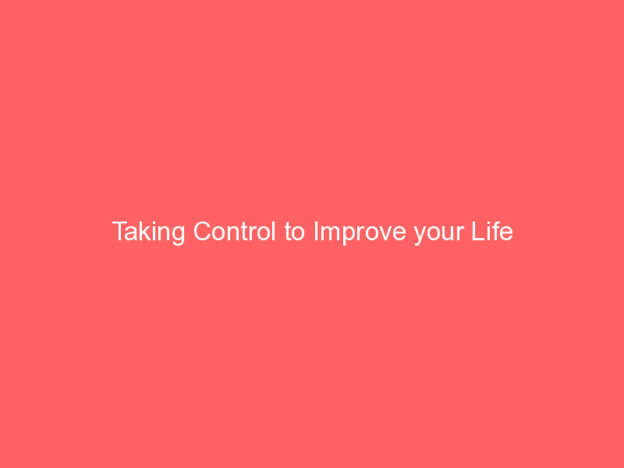One of the most important developments a child goes through as they develop is learning to reflect on decisions before enacting them.
Even as an adult we can sometimes ignore those learned lessons though and in the modern world where with ever more intrusive advertising and propaganda bombarding us all constantly, like most people I suspect you have made some unwise choices on the spur of the moment.
There are ways to combat this though, so let’s have a look at some techniques to improve impulse control.
- Identify the causes – The first step to deal with impulse control is to ascertain what it is exactly that sets you off. That is, the trigger that leads you to impulsive behaviour you know is a problem. This is not as easy as it would seem, the whole point of impulsive behaviour is being lost in the moment acting on instinct after all, but there are steps to take. Keep a notebook and write down instances where you feel your control of decisions is waning, and this can build up a picture of what is causing the problems.
Building up a picture of when the issue takes hold can help deal with it, knowing you are in a situation that has led to control problems for you can allow you to take action to prevent it, to slow down and be aware that you may be reacting without thought and looking for options to avoid the impulsive action itself. Understanding the underlying cause of the impulse issues can also aid to the effectiveness of the additional techniques you can adopt as outlined below.
- Meditation – An aid to focusing the mind and relieving stress in general, meditation can greatly aid your impulse control. There are many different methods meditation, finding one to suit is can be an adventure in itself, but the effects are the same. Studies by clinical neurophysiologists have shown that regular periods of meditation can relieve stress from the nervous system, and that a lower stress response level means less impulsive action. It is not a quick fix, and takes some time and dedication to fit regular sessions into busy lives, but the benefits are there, quantifiable and, I think, worth it in the long run.
- Psychiatry – Psychiatrists can treat a range of impulsive behaviour through therapy, and whilst it is obviously the costlier solution, for certain forms of impulsive behaviour that can be destructive and debilitating, such as sexual compulsion, impulsive gambling or compulsive shoplifting professional help is often the most sensible solution to look for, with the latter a court may insist on it.
- Yoga – Whilst it could really go hand in hand with meditation as a concept for dealing with impulse control, for many of us it is perhaps a little easier to access and has additional health benefits as well. As with meditation, the reason that Yoga can aid with control issues is that participating on a Yoga session requires focus. Holding positions is not only strenuous on the body, the fitness benefits should not be overlooked, but on the mind itself. As a stress reliever and a tool to focus the mind it is not quite as effective as full periods of meditation, but for most of us with work and family to deal with every day, it’s perhaps a more realistic solution for our daily schedules. There are classes everywhere at gyms and specialist schools, and whilst there are a plethora of home study books and DVD’s, I would always suggest learning the basics from someone in person before looking at them, to make sure you are avoiding injury. Once the basics are learned, being able to spend time at home performing yoga can be a real help.
- Interruption – Once you have identified the triggers, and have taken other steps like those outlined to help gain some control, the other part of the equation is you do when you’rehaving a problem. Here interrupting the urge is a solution, as it ceases the immediate action and forces consideration on the decision that has been made.
Examples of this would be throwing away cigarettes, closing down any online gambling accounts, removing all snacks from the house, even changing your regular travel routes to avoid specific stores, depending on what your compulsion is.
The real key to the success of any of the techniques to improve impulse control we mention is to accept the problem exists first and foremost, but once that is managed the methods are there, not all of them are scary, some can even be fun, so it isn’t the end of the world, you are not a lost cause, and things can get better.








